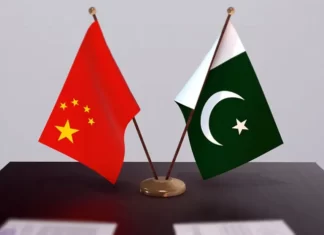ISLAMABAD: The government is set to propose a significant change aimed at assisting low-income and middle-class citizens planning to embark on the Hajj pilgrimage. A plan allowing pilgrims to pay their Hajj expenses in three installments, rather than a lump sum, has been submitted for federal cabinet approval.
Sources indicate that this installment payment option is part of the government’s broader Hajj policy, which is expected to receive approval from the Ministry of Religious Affairs. Under the new structure, prospective pilgrims will be able to pay a total of Rs 1.1 million in three parts. Initially, an application deposit of Rs 200,000 will be required. After selection through a lucky draw, pilgrims will pay an additional Rs 400,000, with the remaining balance due before departure.
Officials from the Ministry of Religious Affairs have stated that this installment plan aims to alleviate the financial strain often faced by lower and middle-income groups, making Hajj more accessible to them.
Last month, the federal cabinet approved the Hajj Policy for 2025, estimating the cost of government-sponsored Hajj packages to range from Rs 1.75 million to Rs 11.75 million. The policy allocates a quota of 179,000 pilgrims from Pakistan, evenly split between the government and private tour operators, with each receiving 89,605 slots. Special quotas are also reserved for hardship cases and low-income workers registered under the Employees’ Old-Age Benefits Institution (EOBI).
In 2025, pilgrims can choose between two travel durations: a longer trip of 38 to 42 days or a shorter option of 20 to 25 days. Additionally, new guidelines will prevent children under the age of 12 from participating in the pilgrimage.




















![hajj]](https://profit.pakistantoday.com.pk/wp-content/uploads/2017/01/hajj-696x366.jpg)



